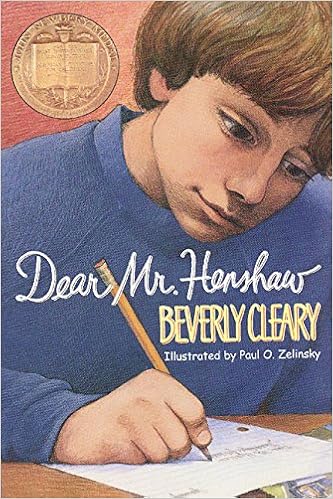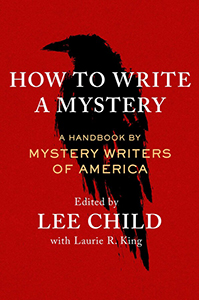I just read (well, technically listened to an audiobook version) of a novel that might quite a lot of noise when it came out in 2018. It doesn't appear to have been mentioned at SleuthSayers and it's worth a bit of chat.
The book is Stuart Turton's The 7½ Deaths of Evelyn Hardcastle. (The 1/2 was added to the title in the U.S. and I think it's an improvement.) I can describe it so it sounds like a typical Golden Age manor house mystery, but it is miles from that.
The story takes place between the wars at Blackheath, a decrepid country estate. There is a party going on, heaps of guilty secrets, and a threat that the daughter of the family, Evelyn Hardcastle, is about to be murdered. Our hero hopes to prevent the killing, or, at least to solve it.
Sounds like pretty standard stuff, but don't be fooled.
On the first page our hero wakes up in the forest screaming a woman's name (not Evelyn's). He has no idea who he is, where he is, or what is going on. He eventually finds his way to the manor house and attempts to piece things together. But this is far from an ordinary case of amnesia.
Remember the movie Groundhog Day? Every morning Bill Murray wakes up on February 2nd. Now imagine that every time that happens Bill is in the body of a different cast member.
That is our hero's fate. Every time he falls asleep (or is knocked unconscious , or even killed!) he wakes up in the body of a different "host." But his mission remains the same: discover who will murder Evelyn Hardcastle that night. Only then can he leave Blackheath. Complicating things: he has two rivals, also trying to solve the mystery. And only one of them can escape the trap...
If that sounds complicated, trust me, you don't know the half of it. I would give a shiny new dime for a glimpse of the charts Turton must have used to keep track of what all the various characters are doing when and where.
But the cleverest part, as far as I am concerned, is this: Each of the host bodies our hero occupies has a personality of its own, and as each new event unfolds he struggles to determine if the reaction he is feeling is his (whoever he really is) or that of his host.
Clearly there are non-natural events going on here (though it turns out to not be as woo-woo as you might expect). But there is also a genuine mystery with a non-mystical solution to be puzzled through.
Preparing to write this piece I discovered that Netflix plans to make a TV version. I wish them luck. I don't know how they can make it all explicable to a casual viewer.
And writing about this book reminded me of another manor house mystery I read years ago: Farthing by Jo Walton (2013). This book takes place in 1949 – admittedly a little late for a Golden Age style novel - but it has the classic elements: a manor house, a family and guests stuffed with secrets, and a killing of a prominent figure.
So why does Walton remind me of Turton? Well, the murder victim is the diplomat who, in 1941, brokered the peace treaty between Great Britain and Nazi Germany, allowing Hitler to control everything on his side of the English Channel. In other words, this book is alternative history.
Your first reaction may be the same as mine: Hitler might have signed such a treaty but there is no way he would have honored it for eight years. But Walton can explain that: Germany is still fighting the Soviet Union and has no appetite for a second front.
Like the best alternative history, Walton's book tries to think through the consequences and repercussions. For example: I was surprised by who winds up being U.S. president, but it makes sense.
There are two more books in the series (ironically titled the Small Change trilogy) and I look forward to reading them.
Until next time, stay out of creepy old houses.























